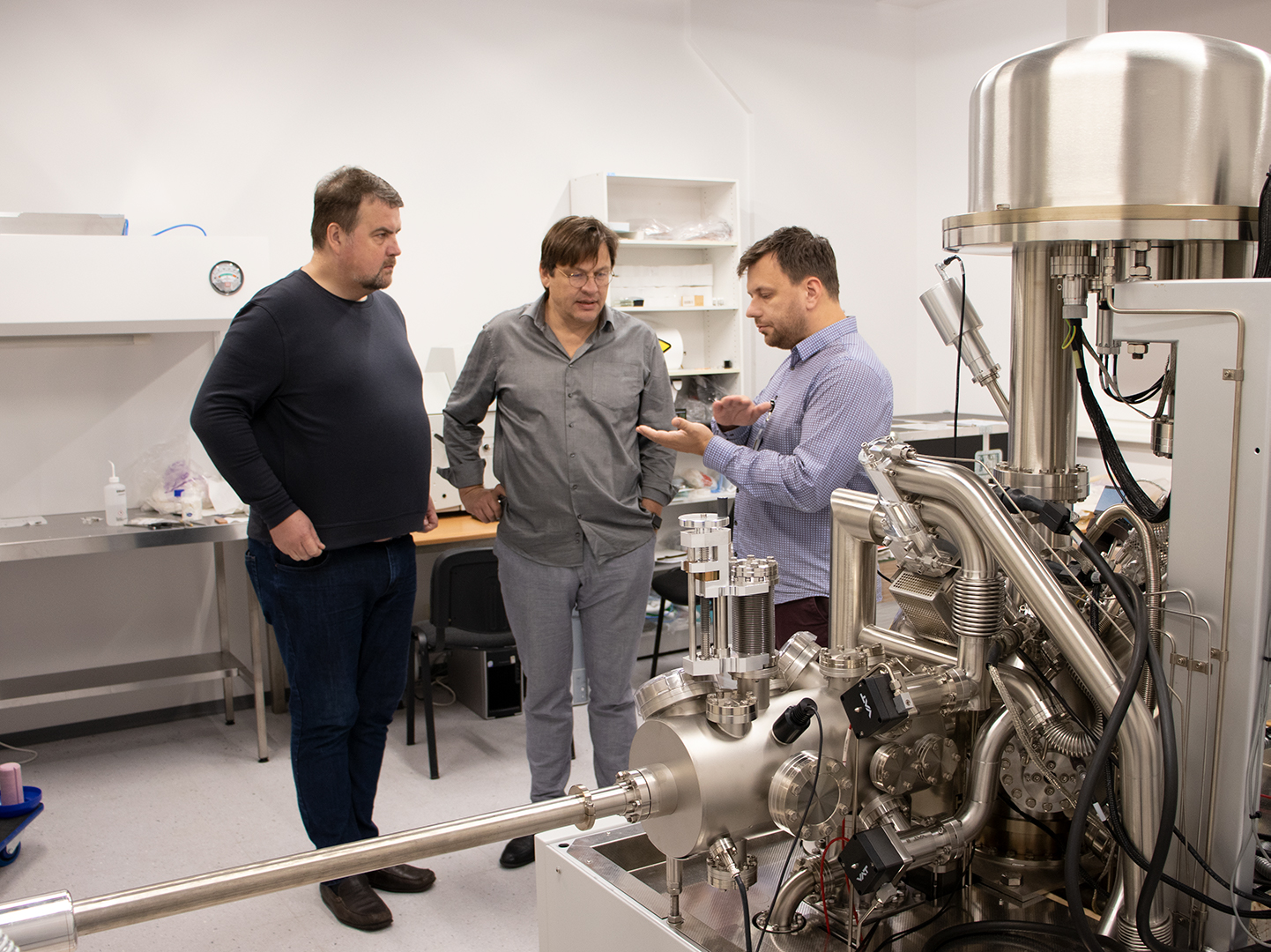The purpose of the visit, which took place on September 29, was to see the institute, which is No 1 by the amount of EC funding in Latvia as well as to discuss how I. Ijabs, as an EU parliamentarian, could help to better understand the nuances of writing Horizon projects and attracting funding. As the H2020 research and innovation program comes to an end, there are new challenges to address in the next, 9th framework program Horizon Europe for years 2021-2027.
As one of the leading research and innovation institutions in Latvia, ISSP UL is looking for opportunities to offer its expertise in Horizon Europe missions. There are 5 mission areas set for the next period - Adaptation to climate change and including societal transformation; Cancer; Climate-neutral and smart cities; Healthy oceans, seas, coastal and inland waters and also Soil health and food. One of the key horizontal principles of Horizon Europe is the Open Science Principle, which aims to promote the widespread use of findable, accessible, interoperable and reusable (FAIR) data.
The EU parliament member Mr. Ijabs was interested in ISSP UL’s participation in National Research Program (VPP) and particularly contribution in Covid-19 mitigation measures projects. ISSP UL collaborates in two of such projects. The goal of the first one - “Towards new therapeutic and prophylactic treatments against Covid-19 and coronaviruses” is to develop new vaccine candidates and small molecule drug leads, directed against coronaviruses and in particular Covid-19 disease and its complications. The project is implemented together with Latvian Biomedical Research and Study Centre, Latvian Institute of Organic Synthesis, Riga Technical University and also University of Latvia.
The aim of the second projects “Integration of reliable technologies for protection against Covid-19 in healthcare and high risk areas” is to increase the resilience and quality of the services in healthcare areas during Covid-19 and other infectious diseases by improving and developing reliable technologies and concepts. This project is implemented together with Riga Technical University, Rezekne Academy of Technologies, University of Latvia, Institute of Electronics and Computer Science, Latvian Institute of Organic Synthesis, Latvian Biomedical Research and Study Centre, Riga Stradiņš University, Latvian State Instiute of Wood Chemistry.
Ivars Ijabs is a Member of the European Parliament, elected in 2019. Before entering politics, he was a widely known political scientist, publicist, associated professor at the University of Latvia and a researcher at the Advanced Social and Political Research Institute of the University of Latvia.
Peteris Vinkelis is graduated psychologist with 11 years of experience in the Latvian diplomatic service, 16 - in political and public work, 8 - in the European Parliament. Expert in international politics.



